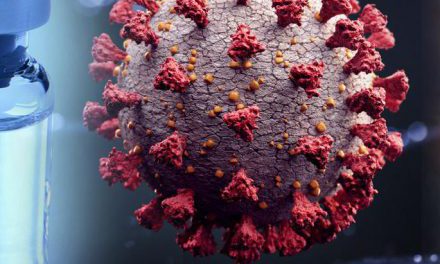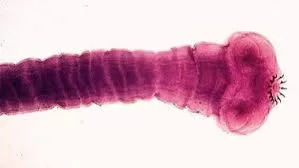Published: February 1, 2025
A groundbreaking study led by researchers at NYU Langone Health has found no convincing evidence that maternal health conditions during pregnancy cause autism in children. The study, published in Nature Medicine on January 31, suggests that previously observed associations between maternal illness and autism risk can be largely attributed to factors such as genetics, environmental exposure, and access to healthcare.
Comprehensive Analysis of 1.1 Million Pregnancies
The research team analyzed medical histories from more than 1.1 million pregnancies involving over 600,000 mothers using Denmark’s comprehensive national health registry. Unlike the fragmented medical records system in the United States, Denmark’s registry consolidates all health records under a single government-issued number, allowing for an in-depth examination of maternal health conditions and their potential links to autism.
Researchers assessed over 1,700 distinct diagnoses based on international standards (ICD-10 codes), narrowing their focus to 236 conditions occurring in at least 0.1% of pregnancies. They accounted for various confounding factors, including maternal age and sociodemographic status, which can influence both maternal health conditions and autism risk.
Genetics and Familial Factors Play a Key Role
The study found that, after adjusting for confounding variables, 30 maternal diagnoses remained statistically linked to autism. However, further analysis using sibling comparisons revealed that these associations were largely explained by genetic and environmental factors rather than a direct causal relationship.
The researchers also examined paternal medical histories and found that many paternal conditions were as strongly associated with autism as maternal conditions, further reinforcing the role of familial genetic influences over direct maternal health impacts.
Autism Likely Begins Prenatally
The only maternal diagnoses still strongly linked to autism were those related to fetal complications, leading researchers to believe that these conditions were early signs of autism rather than causes.
“Our interpretation is that these fetal diagnoses likely do not cause autism but are instead early indicators of it,” said senior study author Magdalena Janecka, Ph.D., of NYU Grossman School of Medicine. “The predominant hypothesis is that autism begins prenatally, with developmental changes occurring long before a formal diagnosis.”
Implications for Parents and Healthcare Professionals
The findings challenge long-standing concerns about maternal health and autism risk. “Many mothers of autistic children experience guilt, believing that their health during pregnancy contributed to their child’s condition,” said Janecka. “Our study provides reassurance that this is not the case and underscores the need for continued support for autistic individuals and their families.”
Disclaimer
This article is based on scientific research and is intended for informational purposes only. It does not provide medical advice, diagnosis, or treatment. Pregnant individuals with health concerns should consult their healthcare providers for personalized guidance.
For more details, the full study can be accessed in Nature Medicine (2025). DOI: 10.1038/s41591-024-03479-5.











